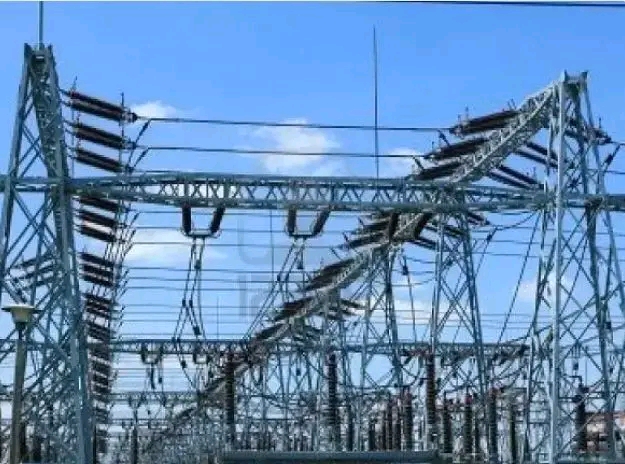Nigerian Coalition Protests Electricity Tariff Hike, Seeks End to Power Privatization
The Coalition for Affordable and Regular Electricity (CARE) has openly criticized the recent surge in electricity tariffs as announced by the Nigerian Electricity Regulatory Commission (NERC).
This move by the NERC has prompted CARE, led by Comrade Chinedu Bosah, to demand an immediate rollback of the tariff increase and to question the efficacy of the power sector’s privatisation.
Under the banner “Outrageous Tariff Hike Amidst Growing Cost Of Living Is Insensitive: Trade Unions And Pro-Masses Organisations Should Lead Resistance,” CARE is rallying support from organized labour and community leaders. Their goal is to mobilize a concerted resistance against the current and anticipated future increases in electricity tariffs, underscoring the insensitivity of such measures amidst the escalating cost of living.
The dissatisfaction stems from a broader critique of the President Bola Tinubu-led administration’s approach to managing essential commodities and public utilities. CARE argues that the tariff hikes disproportionately affect not just the affluent and the middle class, but also the working class and the poor. This is particularly alarming given that electricity costs for industries and businesses in Nigeria are significantly higher than those in countries like China, leading to company closures and a spike in unemployment.
CARE’s grievances extend to what they perceive as a discriminatory electricity distribution system, where affluent communities enjoy more consistent power supply than their less fortunate counterparts. This, they argue, is emblematic of a broader issue of social inequity in the distribution of public amenities in Nigeria.
The coalition also criticizes the privatization of the power sector, which has not only led to frequent tariff hikes and power outages but also a failure to significantly improve electricity supply.
With the national grid experiencing multiple collapses, CARE advocates for the re-nationalization of the power sector. They propose bringing it under public ownership and democratic control, which they believe will drive down costs and make electricity more accessible and affordable for Nigerians.
